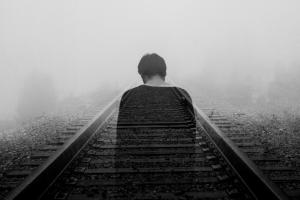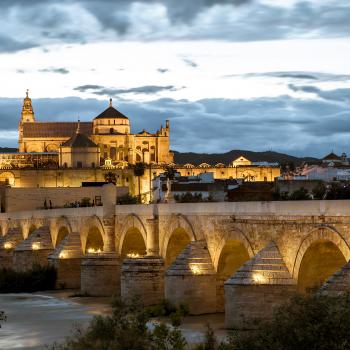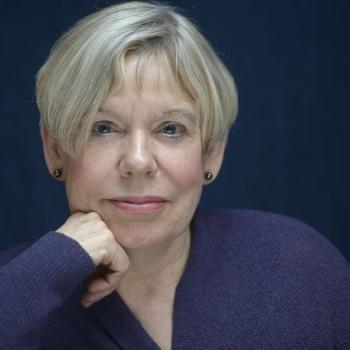
Some of the world’s greatest religious and spiritual leaders have endured a crisis of faith at some point in their lives. It is not uncommon for religious people to go through periods of doubt and experience an emptiness so profound that nothing they do can induce the emotions of reverence and awe that they once enjoyed effortlessly. This state of ambivalence and confusion can last as long as a few years to a few decades. And it often expands into a time when one feels compelled to ‘freelance life’ because the role to which they were initially assigned suddenly loses all its meaning.
Faith is Not A Choice
We cannot define God because God is infinite and definitions are finite. And so, proof of God for a believer or a non-believer becomes a function, not of evidence but of an emotional response. And when our emotional range shrinks, for reasons we cannot control, we often start to lose faith.
No one is immune to this phenomenon. If spiritual giants can lose faith in spite of all their efforts, so can we. In fact, loss of faith is often an inevitable part of any thinking individual’s spiritual journey. At some point we all have to reconcile ourselves to the idea that just because we cannot consistently hold on to the sensations of faith in the numinous does not mean that we cannot still hold on to our belief in the divine. Having faith is not a prerequisite to being a believer. A believer is one who chooses to believe even when their faith is temporarily out of order. Belief is a choice, and it requires an active conscious commitment to an intellectual process. But faith is a blessing and not a choice. Belief is an intellectual response to reality. Faith is an emotional one.
Although faith is not a choice, we must never lose hope in God. Once we lose hope in the infinite, our emotions will be reduced to nothing more then the automatic integrations of external stimuli into the subconscious, and reality can only be understood in relation to how it can or cannot submit to the limitations of logic.
When this happens, the doors of spiritual perception become clogged by something all religious traditions call ‘attachment.’ In the Islamic tradition, we call this an attachment to the world or ‘dunya’, but it is essentially an attachment to definitions and the certainty they can afford you; As opposed to the uncertainty and fluidity of faith. If we truly desire the meaningful and lasting blessings of faith we must remain open to the possibility of miracles and not succumb to the temptations of certainty, either in logic or dogma.
 Logic vs. Dogma
Logic vs. Dogma
People who lose faith do not always gravitate towards logic, many of them gravitate towards religious dogma. Both promise relief from the terrifying sensation of free falling. They give us something to grip, something definable and concrete. In the Islamic tradition, we call this attachment to the concrete-idolatry. Whether it is religious or secular, any form of attachment to something finite and unchanging to the exclusion of that which is infinite is idolatrous. Therefore, just because someone is religious and adheres to every religious precept like clockwork does not mean they have any degree of faith. A lack of faith is not a call back to a stricter adherence to religion, it is merely a test of whether you will continue to go through the motions of spiritual discipline minus the emotions.
The Miracle of Faith
If we want God to split the Red Sea; To split that impossible gulf between us and him and to annex the last remnants of our minds, flooding them with the unfiltered blood of a beating heart after living in the unventilated world of doubt and despair, we must choose to believe. We must believe, even without faith.
If we require a miracle to know God, then what could be more miraculous then the restoration of a meaningful more awakened faith in the face of so much doubt. The gift of faith is a miracle, and like all true miracles, it cannot be served up for public consumption. To share a miracle would be to undermine an extraordinary experience by subjecting it to the reactions of ordinary believers. Miracles are not public displays of God proving that he can intervene by making exceptions to the very laws of nature. Miracles are private encounters so precious that they must remain guarded within the hearts of those lucky enough to observe them unfold.
Since faith is not a static and permanent condition it must be nourished by religious practice. It is the sad reality of our times that the way most people practice their religion is often the very thing that destroys our faith in it. We see how religious people operate and we conclude that religious practice does not nourish faith but destroys it.
As the noted linguist and mathematician Alfred Korzybski once said;
“ There are two ways to slide easily through life; to believe everything or to doubt everything. Both ways save us from thinking.”
But there is a third way; There is always a third way. We can doubt and believe at the same time, at all times, and in that struggle the truth is revealed.












